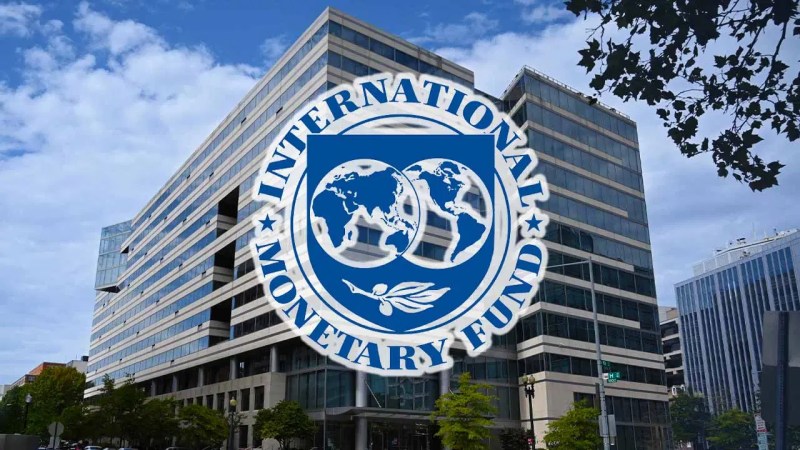FG, Algeria, Niger Sign New Deal to Revive Trans-Saharan Gas Pipeline

By SpringsNewsNG | February 11, 2025
The Federal Government of Nigeria has signed fresh agreements with Algeria and Niger to advance the long-delayed Trans-Saharan Gas Pipeline (TSGP), a strategic project aimed at boosting gas exports to Europe.
Officials from the three nations formalized the agreements on Tuesday, February 11, 2025, during a high-level meeting in Algiers, Algeria.
Key Agreements Signed
According to Dada Olusegun, Special Assistant to President Bola Tinubu on Social Media, the agreements involve major energy firms from Nigeria, Algeria, and Niger. The deals cover:
- An updated feasibility study to assess the project’s viability.
- A compensation framework to address land acquisition and other financial concerns.
- A non-disclosure agreement (NDA) between the participating companies.
“The TSGP is a strategic initiative to transport natural gas from Nigeria through Niger to Algeria, where it will be exported to European and global markets,” Olusegun stated.
Project Scope and Investment
The Trans-Saharan Gas Pipeline is designed to stretch 2,565 miles (4,128 km) across the Sahara Desert, linking Nigeria’s Warri hydrocarbon fields to Algeria’s Hassi R’Mel gas hub on the Mediterranean coast.
- Algeria’s segment alone will extend 1,435 miles, covering more than half the pipeline’s total length.
- Once operational, the pipeline is expected to transport up to one trillion cubic feet of natural gas annually.
Decades-Long Delay and Revival
Originally proposed in the 1970s, the project saw significant discussions in 2002, 2005, 2006, and 2009, but progress stalled due to funding challenges and regional instability. However, in 2022, energy ministers from Nigeria, Algeria, and Niger reopened talks to revive the project.
The estimated cost of completion is $13 billion, broken down as follows:
- $10 billion for pipeline construction and equipment.
- $3 billion for gas-gathering centers.
With this latest agreement, the three countries are signaling renewed commitment to ensuring the TSGP becomes a reality, potentially positioning Nigeria as a major gas supplier to Europe and beyond.







